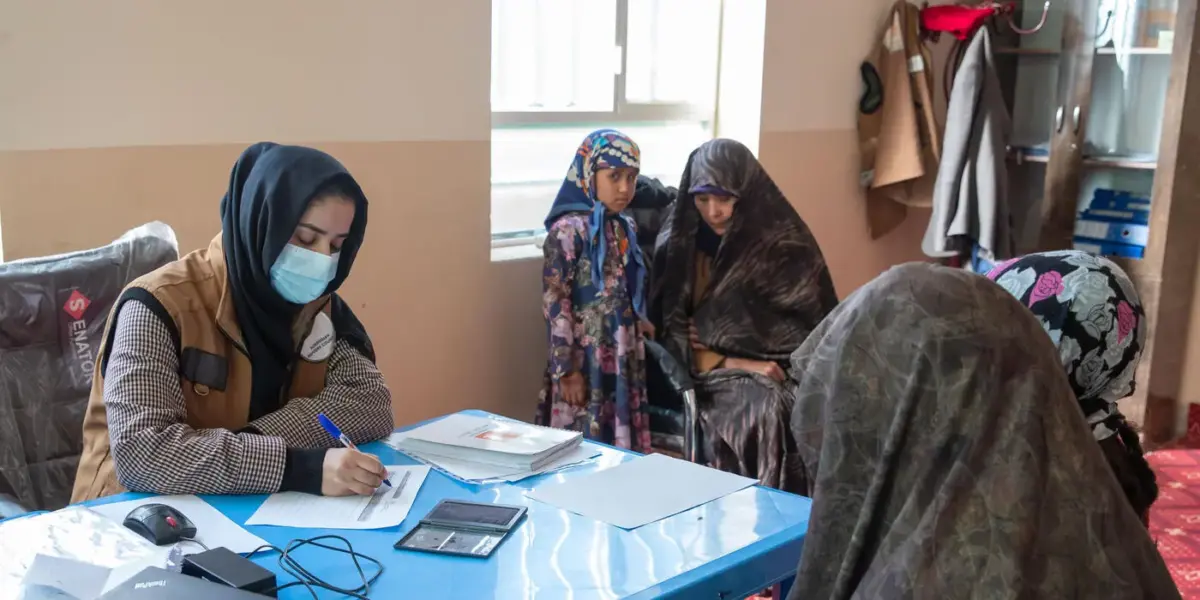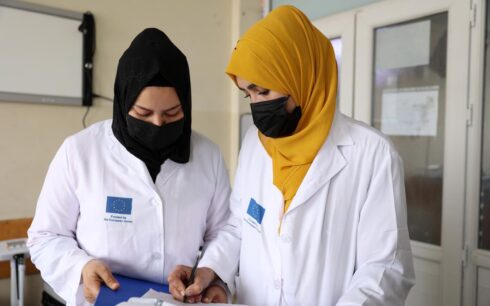KABUL, Afghanistan — Taliban have reasserted their ban on women working in non-governmental organizations, issuing a follow-up letter to some NGOs to enforce compliance with a December 2022 directive.
The letter, dated Dec. 26, 2024, was sent to several NGOs where women were reportedly still employed despite the initial order.
In the letter, the Taliban’s Ministry of Economy emphasized that all domestic and international NGOs must cease employing women and take immediate steps to implement the ban. The ministry warned that non-compliance would result in the suspension of the violating organization’s operations and the revocation of its license.
The text of the letter states:
“Subject: Follow-up on the Ban on Women Working in Domestic and International NGOs
In accordance with the directive numbered 2923, issued on December 24, 2022, by the Ministry of Economy, all non-governmental organizations are hereby reminded to cease employing women. The ministry remains the sole authority responsible for registering, leading, and monitoring the activities of NGOs operating in Afghanistan.
In instances where NGOs fail to comply with this directive, their operations will be suspended, and their registration licenses will be revoked. This is a serious matter, and adherence to the directive is expected from all organizations.”
Signed by Mohammad Alam, the Taliban Deputy Minister of Economy for Finance and Administration, the letter underscores the ministry’s resolve to strictly enforce the ban.
Although the initial prohibition on women working in NGOs was issued in December 2022, this follow-up letter appears to target specific organizations that may have continued employing women, either out of necessity or in defiance of the Taliban’s restrictions.
The ban has drawn widespread condemnation from international humanitarian groups, which argue that women are essential to delivering aid in Afghanistan’s patriarchal society. Female workers are critical to reaching women and children in need, who often cannot be assisted by male staff due to cultural and social norms.
The Taliban’s restrictions on women’s education and employment have led to growing isolation for Afghanistan, with many nations and aid groups refusing to engage directly with the government. Meanwhile, the country faces one of the world’s worst humanitarian crises, with millions in need of assistance amid widespread poverty, hunger, and economic collapse.
This comes as Taliban governor in Kandahar in a letter last week to some NGOs in the southern province asked them to stop their operations.





